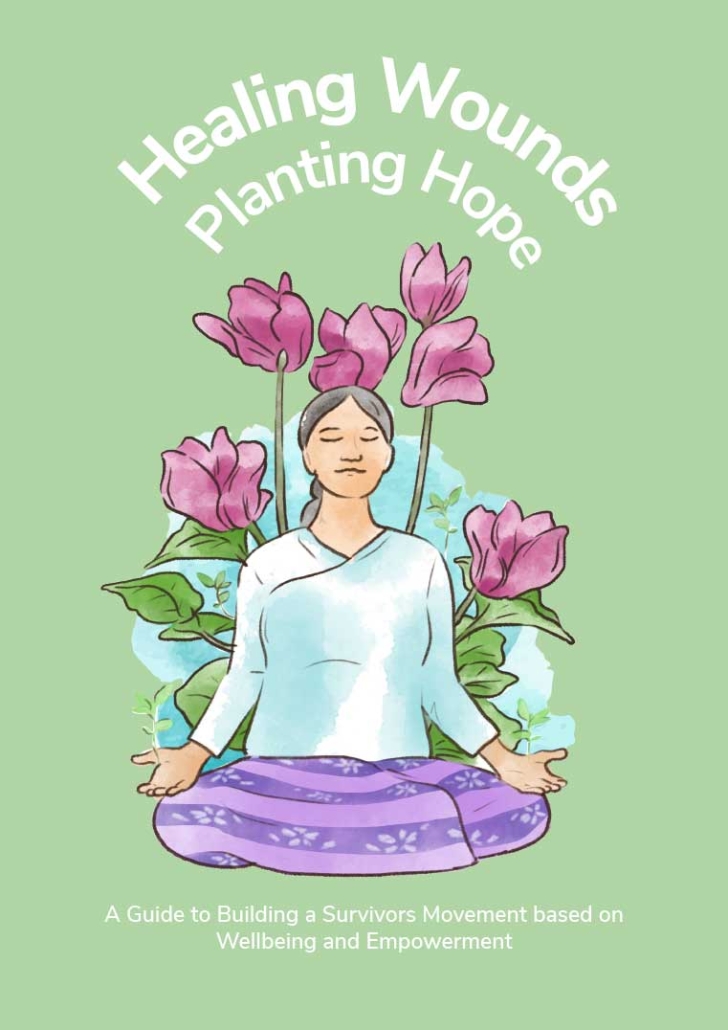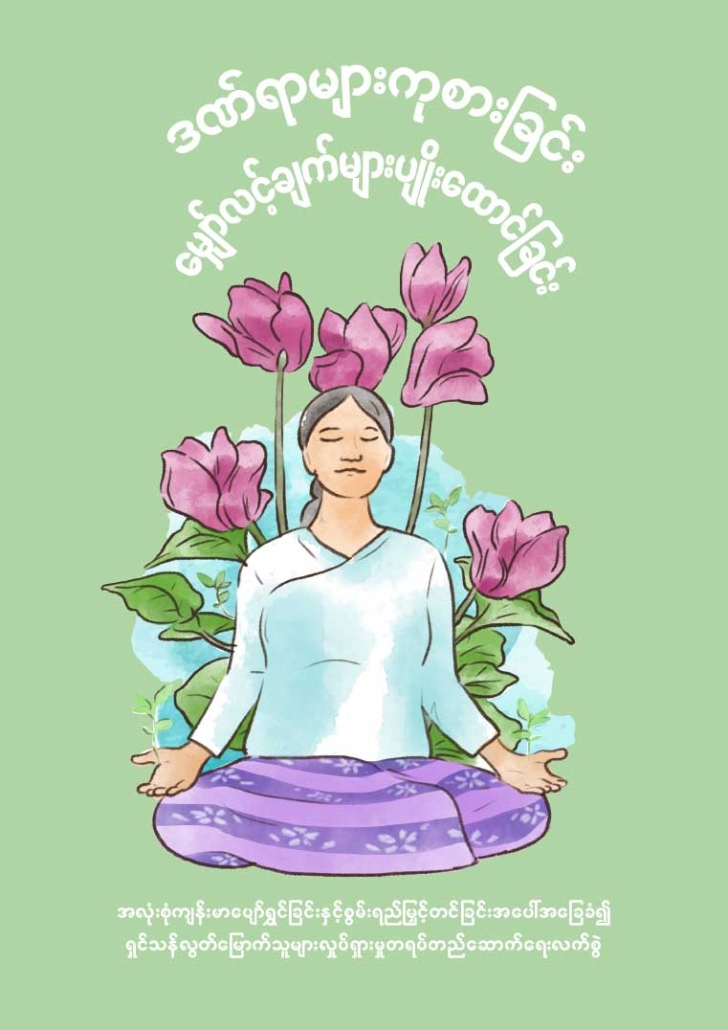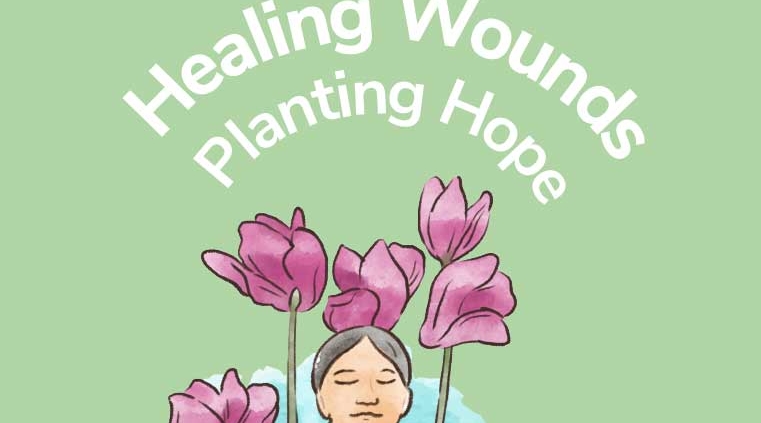Healing Wounds Planting Hope
The Covid-19 pandemic and 1 February 2021 military coup have ravaged Burma in countless ways. Trying to stay safe in the face of repression, conflict, displacement, and isolation is defining daily life, as people work to maintain hope despite escalating military violence, Covid fatalities, and the absence of adequate medical care and supplies.
As the small steps of progress over the past decade towards democracy and freedom by the people of Burma have been thrown into disarray, we have become increasingly aware of the need to ensure collective and self-care among survivors of human rights violations and human rights defenders in Myanmar. The brave collective resistance by communities around Burma against the violent repression has shown the power of community organizing, people’s determination to take care of one another and end military rule.
The movements to end military rule have been impressive in the scale and variety of strategies, tactics and in the geographic scope of the resistance. The movement has embraced Burma’s multifaceted diversity, creating alliances across genders, religions, ethnicities, and countries. Young women, in particular, have been recognized and respected for their visionary and skilled leadership more than ever before. Despite the escalation of violence against civilians and the gendered impact of the violence, displacement, and conflict, women have continually been at the fore of creative, nonviolent and collective efforts to ensure the safety of their communities and the country. Urgent as ever is the need to support women’s activism and leadership.
Asia Justice and Rights (AJAR) believes that working with women to claim their rights, promote healing in their communities, and conduct collective advocacy will lead to stronger and more inclusive movements for peace and human rights in Myanmar. AJAR designed and produced this manual in 2020-2021, in partnership with Kachin Women’s Association of Thailand (KWAT), for women survivors of state violence in Kachin state. This manual aims to support and empower women survivors as facilitators and leaders in their communities. We strongly believe that women survivors of human rights violations, in particular, have a crucial role in leading the call for an end to military rule, moving towards transitional justice and durable peace.

Language : Burmese, English


